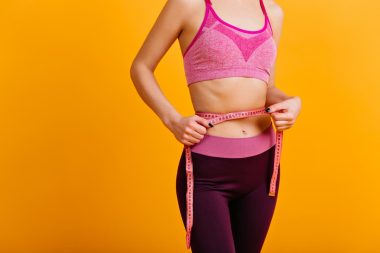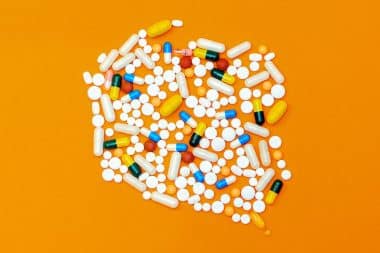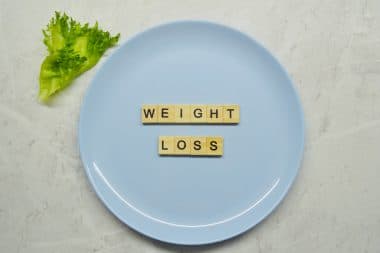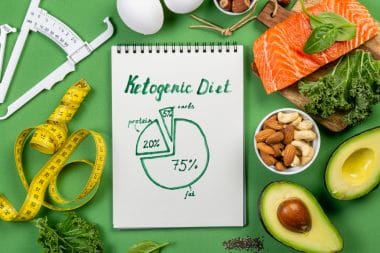If it is good for the Olympians, it has to be good for us too, right? Our lives are significantly affected by the Olympic games these days, in more ways than fighting for the remote control. The latest fad to come from the games coverage is the juice many athletes use to enhance their performance: beetroot juice. While known from ancient times for its many health benefits, it took some good looking athletes drinking the colorful juice to bring it to the forefront of the lucrative health drinks market, and our attention.
What is in beetroot juice?
Beet or beta vulgaris belongs to the same family as chard and sugar beet. It has been used for more than three thousand years as food, medicine and aphrodisiac, first in the Mediterranean and later all over the world. The most popular medicinal uses were for curing fevers, blood disorders and digestion problems. Modern medicine found beetroots important medicinal plant for its antioxidant and anti-inflammatory activity, attributed to the rich content of phenolic acid and pigment betanin.
But, its power to protect us from infection and to boost our immune system is not the reason athletes are guzzling beetroot juice. It is the nitrates.
In the small study conducted on the group of bicycle racers, researchers found that nitrate in the beets, converted into nitric oxide by our body, enhances performance due to the vasodilation (widening of blood vessels) and increased blood flow. Increased blood circulation improves oxygen level in the system. Scientists suspect that increased blood flow provides a mechanism for counteracting decreased oxygen level due to extensive exercise, improving athletic performance.
What about normal people?
You do not have to be an athlete to like a delicious beetroot salad or traditional Russian soup borsch. Beets are rich in vitamin C, folates and potassium and are found to lower blood pressure. Beetroot juice is often used to cleanse the system, mixed with other juices. Keep in mind that juicing will significantly reduce the amount of fiber in the beets, so if you need fiber, eat your beets as a salad or in a soup.
Beets are very common winter food in Eastern European countries, both as an addition to the meat dishes, but also as a juice, to keep kids from catching colds. After all, we do not need scientists to tell us how important beets are in boosting our immune system, our grandmothers knew that.
Want to beat the competition? British researchers looked into whether drinking beetroot juice boosts athletic performance and found some positive signs.
Cyclists who drank 16 ounces of beetroot juice 21/2 hours before exercising improved their race times by 2 to 3 percent in short and long time trials, researchers at the University of Exeter found in a nine-man study.
Runners and walkers who drank beetroot juice reduced by 12 to 14 percent the amount of oxygen they required while exercising, which made it possible for them to go farther and faster, said the research team.
Beetroot juice is the blended, liquefied version of the beet. It’s low in calories, but few find the taste appealing. Those who drink it recommend diluting it with a tastier fruit or vegetable juice.
“It looks like a good quality study,” said Betsy Blazek-O’Neill, head of the integrated medicine program at Allegheny General Hospital. “There is a part of me that gets a little annoyed at the superfood-of-the-week mentality. But if there are foods like beets that contain high levels of the things that can boost athletic performance, I’d much rather have people drinking beet juice than injecting steroids or taking ephedra [a supplement based in traditional Chinese medicine].”
She said what she liked best about the study is that the Exeter researchers tried to find out why the juice would help.
Despite the small size of the study, the results look promising, Dr. Blazek-O’Neill said.
“You can’t drink beet juice all day long, but this appears to be a safe way to improve your performance as an athlete,” she said. “I don’t see a down side.”







Reply